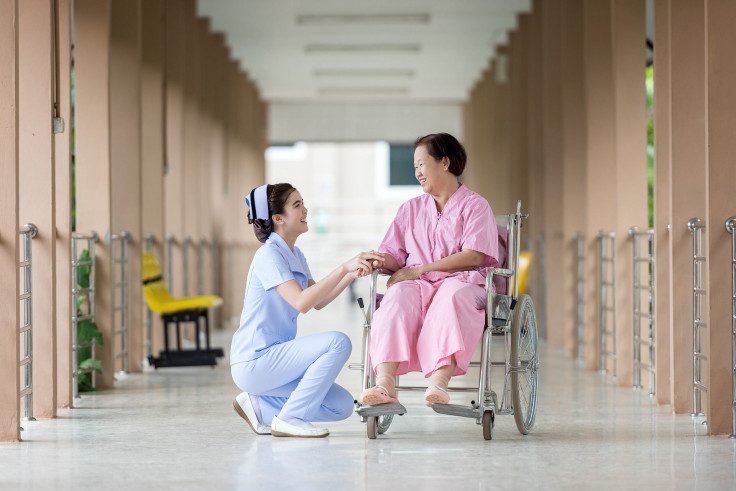Why Alternative Medicines Should Not Be The Main Treatment For Cancer

As alternative medicine becomes more and more popular to defend against everything from the common cold to depression, researchers at Yale University looked at how effective these nontraditional routes are when it comes to combating cancer. The study included 281 people with breast, prostate, lung and colorectal cancer who tried these alternative options instead of doctor-recommended treatments.
The data was then compared against 560 cancer patients who received conventional treatments. Overall, people who tried the unproven methods were 2.5 times more likely to die. Breast cancer patients were at a five times greater risk of death, while lung cancer patients doubled their chances of not surviving after trying alternative therapies. Those with colorectal cancer were 4.5 times more likely not to beat their cancer when forgoing a prescribed treatment.
Dr. Skyler Johnson, oncologist at the Yale School of Medicine and study co-author, wasn’t able to identify specific alternative treatments, but says his own patients have used a wide variety of remedies. “They could be herbs, botanicals, homeopathy, special diets or energy crystals, which are basically just stones that people believe have healing powers,” he told New Scientist.
From the results, it may appear that these atypical treatments work for some patients, however, Johnson says this is likely because some people actually undergo conventional treatments when their conditions worsen, New Scientist explains.
The magazine reports that people who typically pick these nontraditional methods are wealthy and well educated, as medical insurance doesn’t extend to experimental options.
“Herbs and diets don’t sound expensive, but when these things are delivered through providers, they can come with a hefty bill,” John Bridgewater, oncologist at University College London Hospital, told the publication. “It’s a multibillion dollar industry. People pay more out-of-pocket for alternative treatments than they do for standard treatments.”
While medical professionals don’t recommend using alternative medicine as the primary treatment, some will give the OK when used to counteract the unpleasant symptoms accompanying cancer. People dealing with anxiety, fatigue, nausea, pain, sleep problems and stress may turn to things like acupuncture as a way of feeling better, reports Mayo Clinic. According to the hospital’s website, aromatherapy may provide relief of stress, pain and nausea.
The American Cancer Society explains when these methods are considered complementary and alternative. “We call these “complementary” because they are used along with your medical treatment. You may sometimes hear them when discussing methods that claim to prevent, diagnose, or treat cancer. We call these “alternative” because they are used instead of proven medical treatments,” the organization writes on its site.
However, the organization also points out, “The choice to use complementary or alternative methods is yours,” offering a list of items cancer patients should consider before choosing their treatment plan, including not giving up proven treatments for those that have been disproven.



























